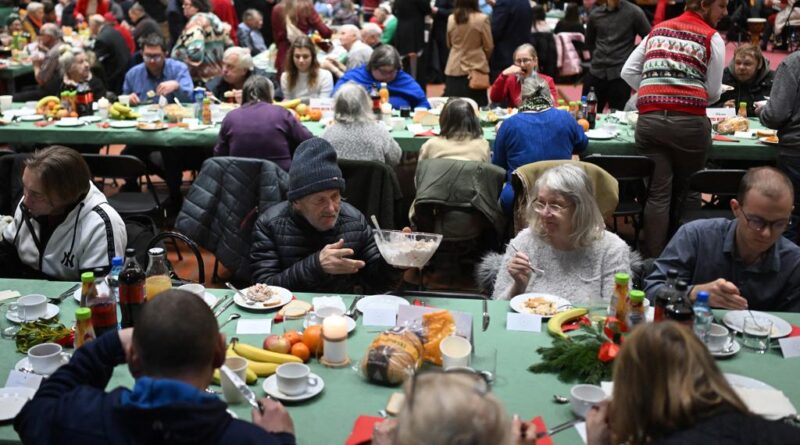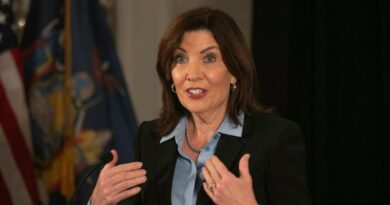In this Season of Giving, Support Charities that Foster Self-Reliance

It’s the time of year for generosity.
For me, this mainly involves supporting charitable organizations.
One of the charities I contribute to is SSP, Student Sponsor Partners, a nonprofit that offers scholarships to children from low-income families.
SSP provides grants to help kids escape inadequate public schools by allowing them to afford the lower tuition fees of predominantly Catholic institutions.
Although I am not Catholic, I support SSP because their educational settings outperform those of the uninspiring, bureaucratically-run public schools.
They achieve better results at half the expense.
There’s a rewarding feeling in giving.
However, let’s not forget that the government already allocates over a trillion dollars for welfare programs annually.
Additionally, state governments contribute another $744 billion.
In total, over $25 trillion has been expended on poverty initiatives since the onset of America’s “War on Poverty.”
Yet, 1 in 10 Americans continue to live in poverty.
Some suggest that the answer is straightforward: spend even more!
Just throw additional funds at the issue, and surely it will resolve itself.
The World Institute for Development Economics states, “Welfare policies, such as cash transfers to the poor, unemployment benefits, child subsidies, and universal health care… can break cycles of poverty.”
But with $25 trillion spent, why hasn’t this happened?!
Because government assistance diminishes self-reliance.
Government programs promote the notion: “You need assistance. You deserve support. It’s no longer your responsibility to provide for your family, neighbors, or even yourself; that’s the government’s job.”
Consequently, welfare programs have transformed from a pathway to independence into a burdensome anchor that holds recipients down.
Welfare fails to equip individuals with the resources necessary for self-sufficiency.
It fosters dependency.
For the first time in history, America faces a nearly permanent “underclass” — successive generations reliant on government support. Welfare has disincentivized self-improvement.
People often avoid marriage for fear of losing benefits.
Able-bodied individuals may refrain from working to ensure their monthly government payments remain intact.
Fathers are frequently absent during welfare visits to prevent benefit reductions.
The solution?
Generosity… but not through government means.
Through individuals like you and me.
This holiday season, I plan to support the Doe Fund, an organization dedicated to helping former addicts and inmates transform their lives through meaningful employment.
Unlike government welfare, their strategy doesn’t revolve around handouts.
They assert, “Work works.”
They promote self-sufficiency.
Most Doe Fund participants do not reoffend.
Charities may not be a flawless fix, but they surpass government welfare in effectiveness.
Charitable organizations have the discretion to select those they assist.
They can allocate resources to individuals who truly need help while declining support for those simply seeking “a handout.”
Government lacks this flexibility.
Its all-encompassing approach results in funds being distributed without assessing efficacy.
It’s vital to recognize that in both instances, it’s your money being utilized.
However, when you contribute to charities, you retain the power to determine how your funds are utilized.
You can champion causes where your contributions will yield a tangible difference.
Conversely, government forcibly takes your finances and often squanders it on individuals who may not merit it.
Within America’s welfare framework, 70% of the funds don’t reach the intended recipients; they get absorbed by the bureaucrats managing the programs.
Charities effectively direct most of their resources to those in need.
If they fail to do so, donors will choose to discontinue their support.
Charity provisions also come with time constraints, and this is advantageous.
Because recipients understand that assistance is not guaranteed indefinitely, they are incentivized to take control of their lives sooner rather than later.
Government assistance, however, lacks this urgency.
The payments keep flowing.
Charitable organizations perform better.
John Stossel is the author of “Give Me a Break: How I Exposed Hucksters, Cheats, and Scam Artists and Became the Scourge of the Liberal Media.”



